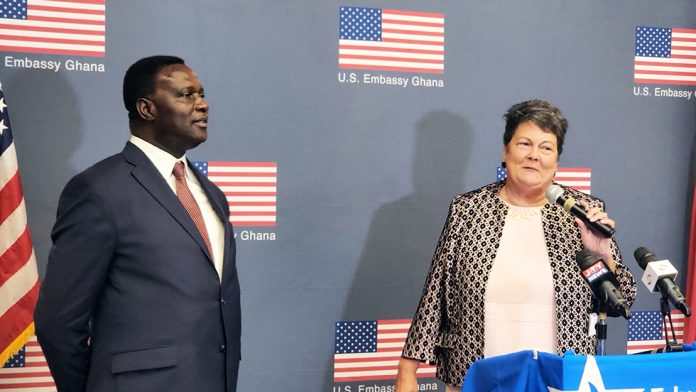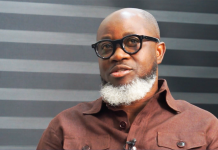
The U.S. Ambassador to Ghana, Virginia Palmer, has reaffirmed her outfit’s commitment to helping Ghanaian students access educational opportunities abroad by addressing delays in visa processing.
Speaking at the ‘EducationUSA Fair’ in Accra on Friday, last week, Ambassador Palmer acknowledged the challenges posed by visa backlogs, but assured attendees that the embassy had increased its staff by over 50% to expedite the process.
“Ghanaian students are among the best in Africa. Do not let our visa process discourage you. We are working hard to ensure students receive their visas on time, as we aim to build lasting bridges between Ghana and the U.S.,” she said.
Palmer attributed the visa delays to global challenges, particularly the effects of the COVID-19 pandemic, but reassured students that steps were being taken to streamline the process.
The two-day fair, organised in partnership with Ghana’s Ministry of Education, aimed to help senior high school and tertiary-level students explore undergraduate and graduate programs in the United States.
This year’s event saw participation from 60 universities, up from 45 the previous year, reflecting the growing interest among Ghanaian students in U.S. education.
Ambassador Palmer highlighted Ghana’s strong position in global education, noting that the country ranks second in Sub-Saharan Africa for students studying in the U.S. and 14th globally for graduate students. She emphasized the important role of Education USA in guiding students through their educational options and helping them secure funding.
“Education USA advisors helped Ghanaian students secure $9 million in scholarships last year, which is about 141 million cedis,” Palmer said.
She also encouraged students to take advantage of opportunities to negotiate financial support with universities.
The Minister of Education, Dr. Yaw Osei Adutwum, also addressed the students, urging them to apply for as many scholarship opportunities as possible to reduce the financial burden on their families.
He praised the value of an American education, stating that it not only challenges students, but also prepares them to be critical thinkers who can contribute to Ghana’s development.
“I hope they will return to Ghana after their education and contribute to the transformation of our country,” Dr. Adutwum added.








